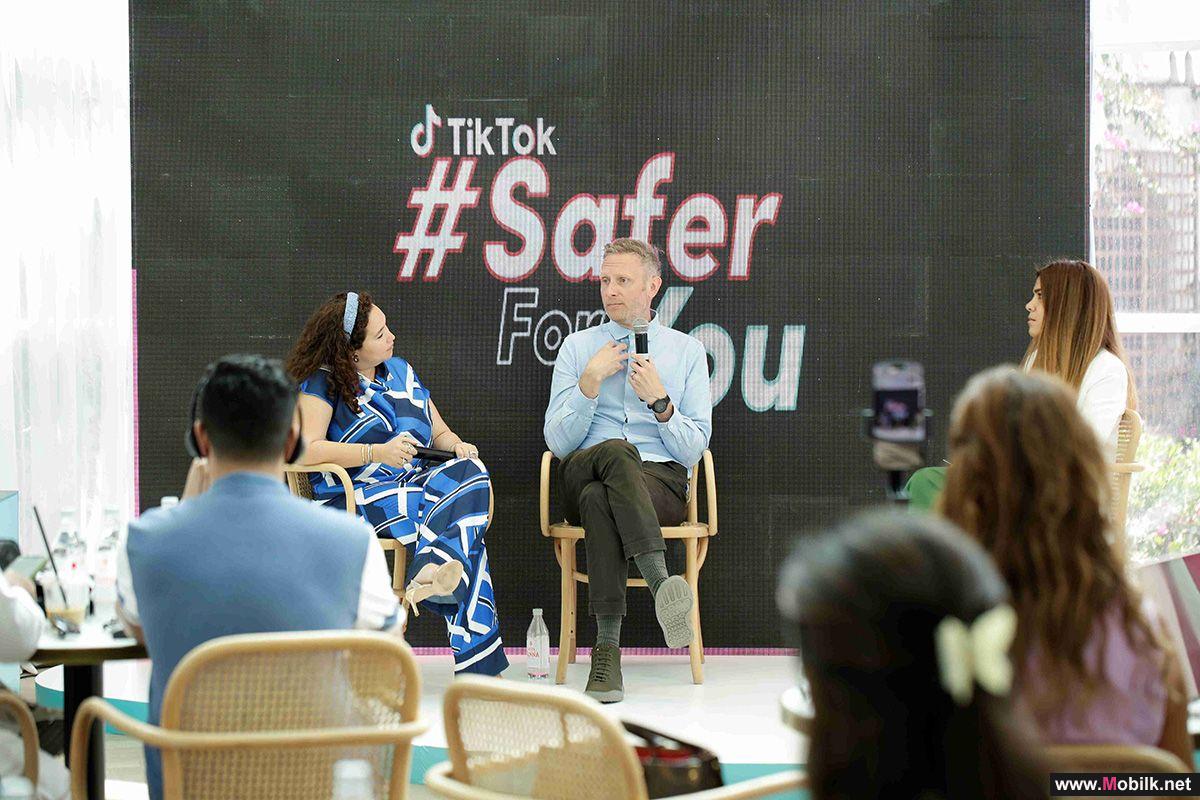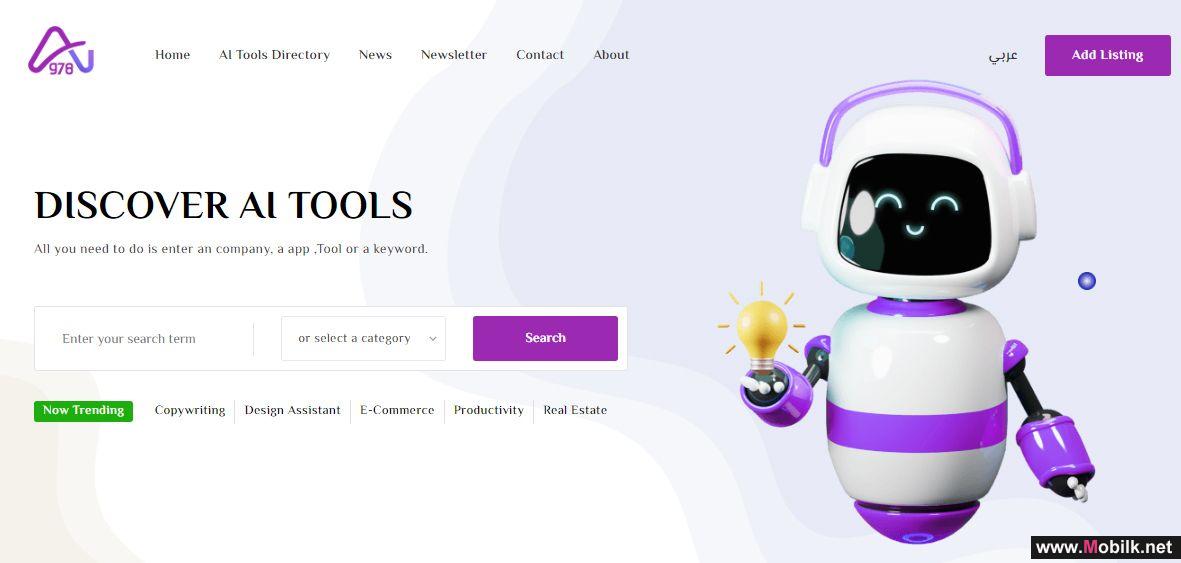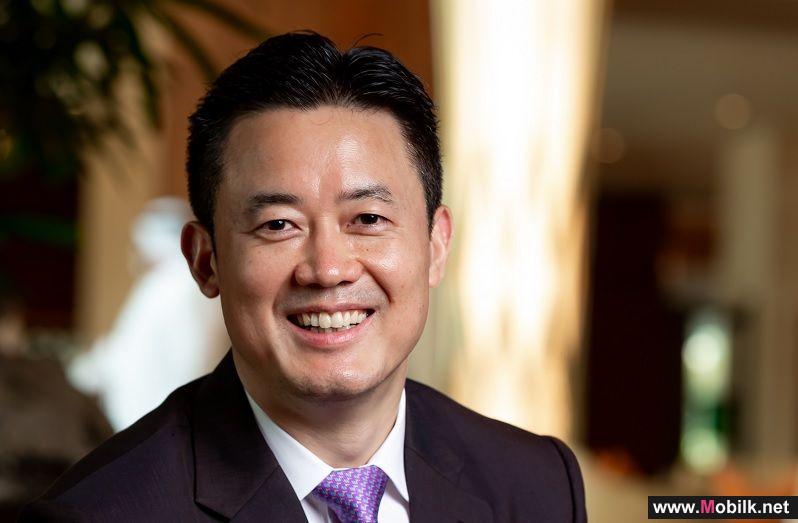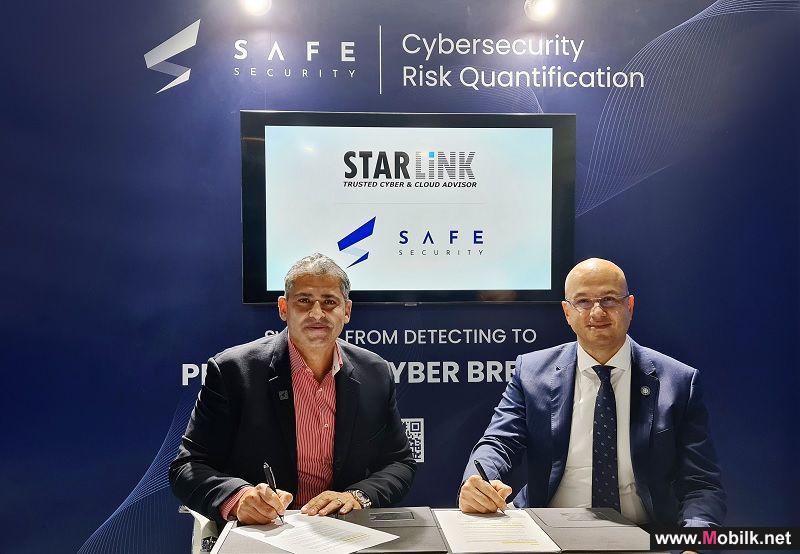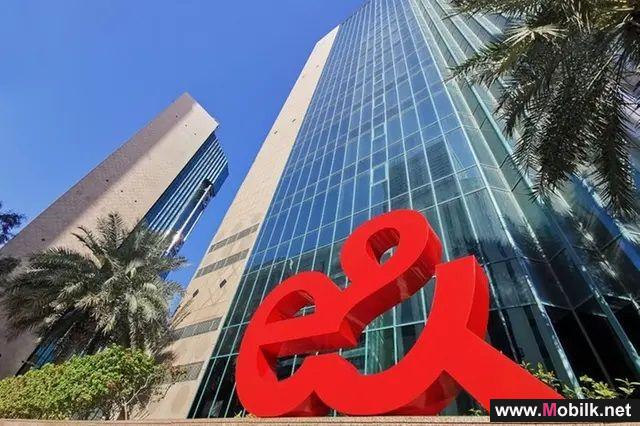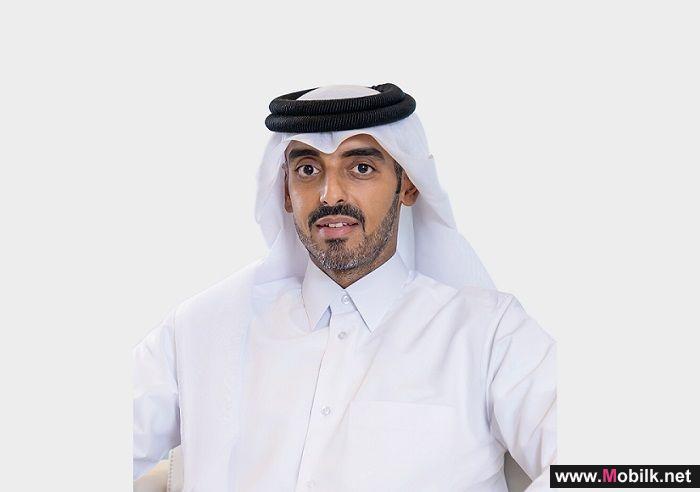Huawei hosts Innovation Day to discuss AI strategies and upcoming opportunities
2018-10-16 - 11:56
GMT
 UAE
UAE
Mobilk - Huawei, a leading global provider of information and communications technology (ICT) infrastructure and smart devices, held an Artificial Intelligence (AI) conference at their third annual Innovation Day on the sidelines of GITEX 2018. The event attracted industry experts and government leaders, including the guest of honor and keynote speaker, Mothanna Hamdan Gharaibeh, Jordan Minister of ICT, to strategize on the best path forward to bringing AI to the Middle East.
Huawei organized the conference to foster a discussion on how the Middle East can best position itself to benefit from the imminent arrival of AI. The development of a national AI strategy must become a priority, as AI is a central aspect of national development plans and visions in the region to become diversified, knowledge-based economies. As AI becomes more advanced, it is becoming an all-purpose technology which will drive the development of all industries, creating new venues of innovation and growth.
H. E. Mothanna Gharaibeh, ICT Minister Jordan said: “Investing in AI is an investment in the future. AI has the potential to solve many intractable challenges we are facing across industries today, by transforming the way we approach problems, and completing tasks more effectively and efficiently than humans can. It will also free people from spending our labour on tedious and repetitive tasks, allowing us to use our minds to engage in high-level activities. Investing in Jordan ICT is not only valuable, it is also smart; Jordan is perfectly poised to benefit from the opportunities of AI – we have at our disposal a population of talented and innovative entrepreneurs. By continuing to invest in progressing the ICT industry, and its next evolution in the form of AI, we will open new venues of innovation and economic growth for organizations, and uplift the Kingdom to new heights of prosperity.”
Anwaar Al Shimmari, Chief Innovation Officer, Ministry of Infrastructure Development, UAE, gave a keynote about the benefits of AI in meeting global infrastructure demands and the ability of robots to deliver information faster, reduce costs and risks. She said: “Robots will use building facility management and asset management concepts to monitor and control infrastructure assets”.
The Middle East is one of the first regions worldwide to import Huawei’s recently-unveiled revolutionary AI products and solutions. The AI conference was held just a week after Huawei Rotating Chairman Eric Xu announced the global launch of Huawei’s AI strategy, as well as its full-stack, all-scenario AI portfolio. Huawei’s AI portfolio includes its new Ascend series of AI chips – the world’s first AI IP and chip series designed for a full range of scenarios. The portfolio also includes new products and cloud services that are built on Ascend chip capabilities. With its full-stack AI portfolio, Huawei aims to provide pervasive intelligence to help drive industry development and build a fully connected, intelligent world.
To accelerate AI implementation, Huawei also released its AI Developer Enablement Program. The program will help Huawei collaborate with developers, partners, universities, and research institutions. Huawei will use the program to build a better development ecosystem that can support AI resources, platforms, courses, and joint solutions.
Huawei’s AI strategy
Proactive change is the first step towards a better future in AI. Huawei has defined ten areas of technological development that will drive AI progress. These include: faster model training, abundant and affordable computing power, AI deployment and user privacy, new algorithms, AI automation, practical application, real-time, closed-loop system, multi-tech synergy, platform support, and talent availability.
Huawei’s AI strategy has five areas of focus: the first is to invest in AI research, by developing fundamental capabilities for machine learning in domains like computer vision, natural language processing, and decision/inference, and more. Huawei will also build a full-stack AI portfolio, which will deliver abundant and affordable computing power, provide an efficient and easy-to-use AI platform with full-pipeline services, make the portfolio adaptive to all scenarios, both standalone and cooperative scenarios between cloud, edge, and device. The company will also develop an open ecosystem and talent by collaborating widely with global academia, industries, and partners. In addition, Huawei will strengthen its existing portfolio by introducing an AI mindset and techniques into existing products and solutions to create greater value and enhance competitive strengths. Finally, Huawei will drive operational efficiency by applying AI to massive volumes of routine business activities for better efficiency and quality.
Alaa ElShimy Managing Director and Vice President at Huawei Enterprise Business Group, said, “AI is on the verge of transforming industries and organizations across the world, and we are committed to helping our customers and partners make the most of the technology’s potential to unlock innovation and economic growth. Right now the priority is for industry and government leaders to discuss which challenges and opportunities AI can most immediately address, to convert this cutting-edge technology into profitability for organizations. This AI conference will help us, and regional governments, succeed in our mission to position the Middle East for success in the age of AI.”
Events
TikTok MENA hosted an insightful panel discussion on May 29, delving into the important topics of online safety and digital well-being for teens. The..
Events
Developway company has announced the launch of the "978ai.com" guide for artificial intelligence tools in both Arabic and English, to meet the..
Events
As enterprises in the Middle East progress in their digital transformation mindset, Charles Yang, SVP of Huawei and President of Global Marketing..

 Vodafone Oman
Vodafone Oman Emirates Telecom
Emirates Telecom  Ooredoo Om
Ooredoo Om Ooredoo Qa
Ooredoo Qa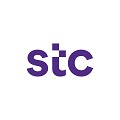 stc Bahrain
stc Bahrain Orange Egypt
Orange Egypt Mobily
Mobily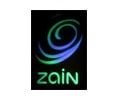 Zain Jo
Zain Jo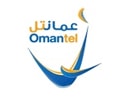 omantel
omantel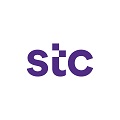 STC
STC Emirates Du
Emirates Du Asiacell
Asiacell Etisalat Egypt
Etisalat Egypt 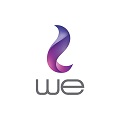 Telecom Egypt
Telecom Egypt jawwal
jawwal Orange Jo
Orange Jo Umniah
Umniah Zain Sa
Zain Sa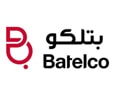 Bahrain Batelco
Bahrain Batelco Zain Bh
Zain Bh Wataniya palestine
Wataniya palestine Kuwait Viva
Kuwait Viva  Zain Kw
Zain Kw Vodafone Qa
Vodafone Qa MTN Syria
MTN Syria Syriatel
Syriatel Sabafon
Sabafon Zain Iq
Zain Iq MTN Yemen
MTN Yemen Ooredoo Kw
Ooredoo Kw Vodafone Egypt
Vodafone Egypt 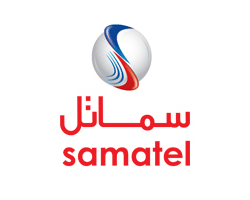 Samatel
Samatel Huawei
Huawei Samsung
Samsung MOTOROLA
MOTOROLA Alcatel
Alcatel Lenovo
Lenovo LG
LG Nokia
Nokia Sony Ericsson
Sony Ericsson HTC
HTC BlackBerry
BlackBerry Siemens
Siemens Acer
Acer Sony
Sony Asus
Asus VK
VK APPLE
APPLE BenQ-Siemens
BenQ-Siemens Sagem
Sagem Eten
Eten HP
HP Panasonic
Panasonic Amoi
Amoi Toshiba
Toshiba Sharp
Sharp Sonim
Sonim Bird
Bird Mitac
Mitac Philips
Philips Pantech
Pantech Vertu
Vertu Micromax
Micromax Maxon
Maxon Haier
Haier I-mate
I-mate Gigabyte
Gigabyte I-mobile
I-mobile Kyocera
Kyocera BenQ
BenQ Microsoft
Microsoft Telit
Telit Connect
Connect Sendo
Sendo SEWON
SEWON Mitsubishi
Mitsubishi DELL
DELL Thuraya
Thuraya NEC
NEC Qtek
Qtek Be
Be Neonode
Neonode Bosch
Bosch MWG
MWG Palm
Palm XCute
XCute Fujitsu Siemens
Fujitsu Siemens WND
WND INQ
INQ Innostream
Innostream O2
O2 Benefon
Benefon Google
Google




